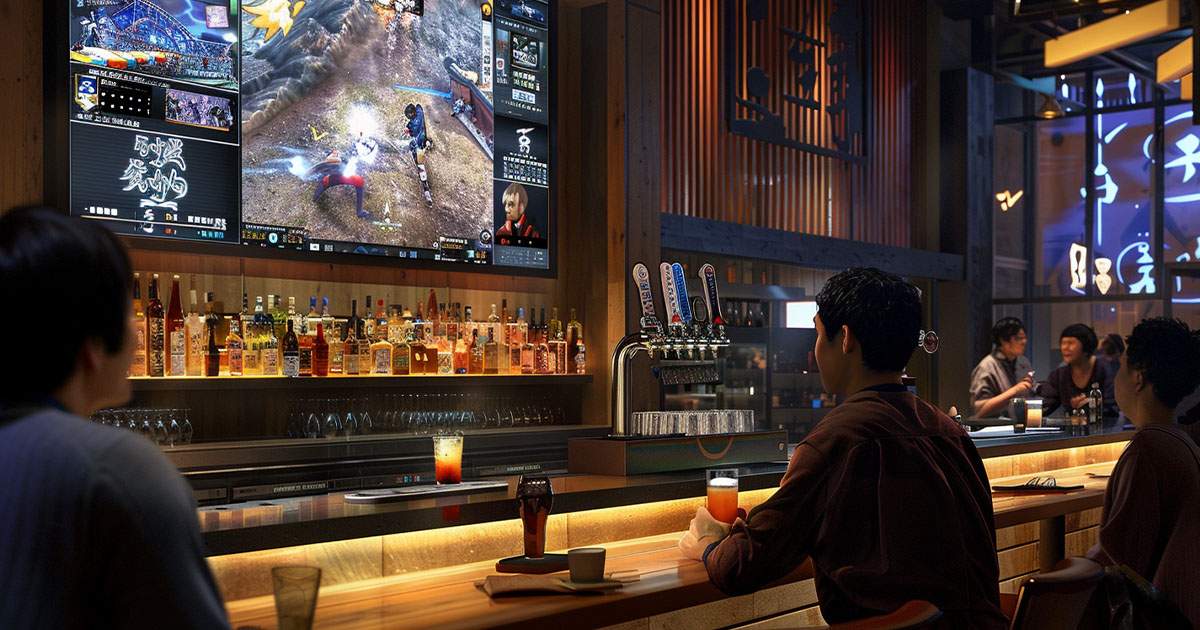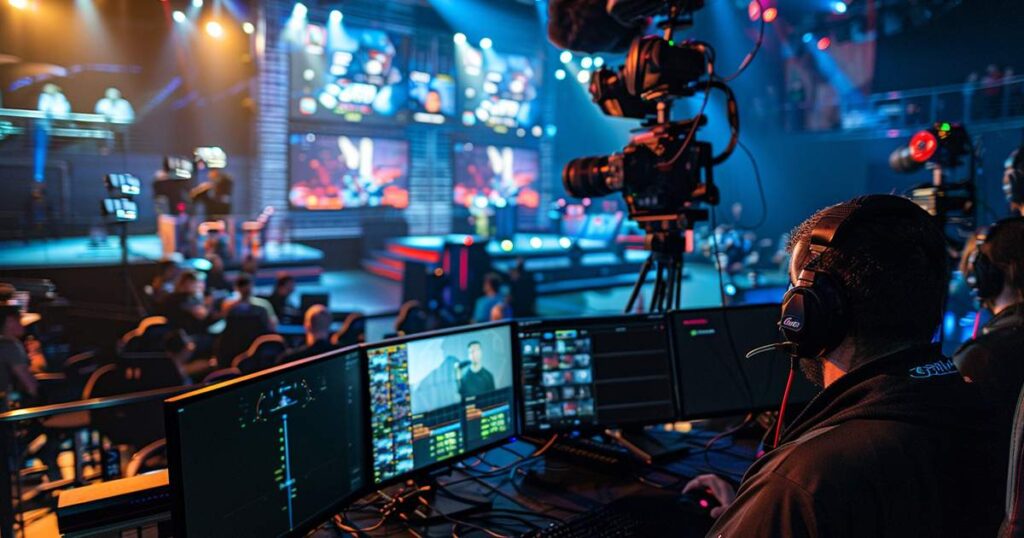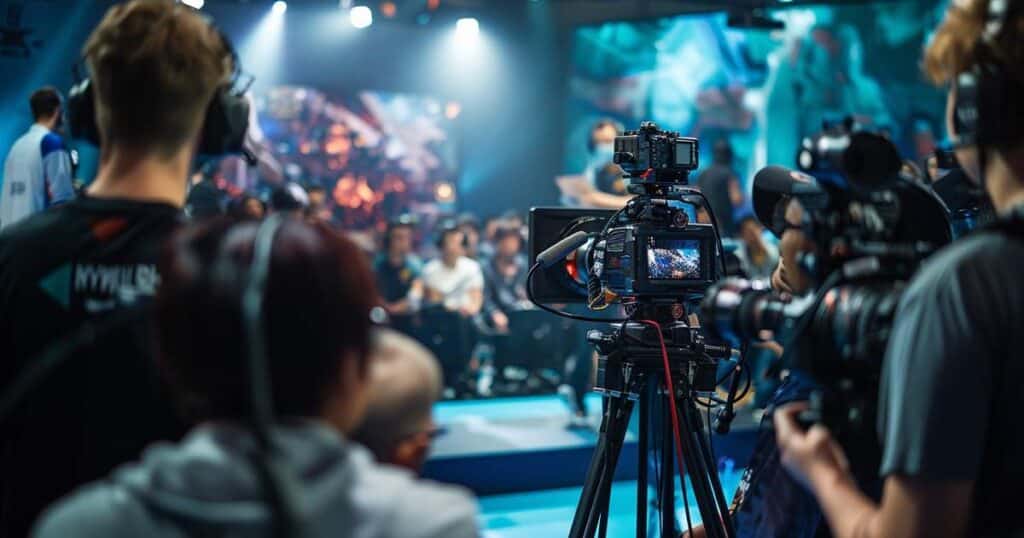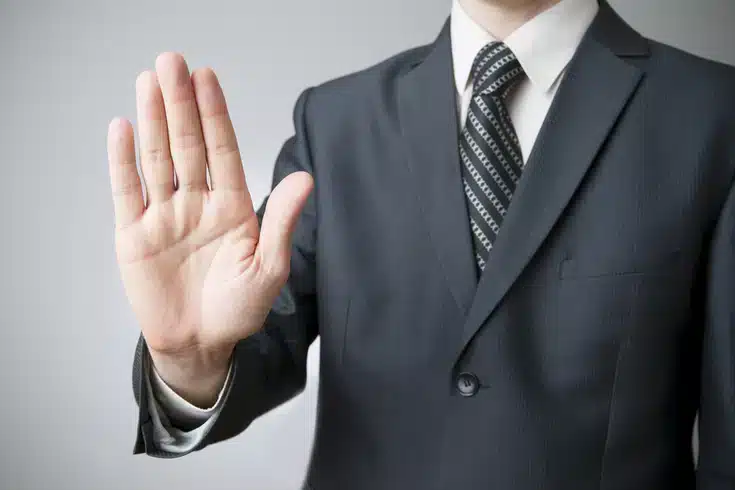Potential Copyright Infringement in the Operation of Game Bars

The Rise of Game Bars and Legal Risks
In recent years, there has been a growing trend of establishments known as “game bars,” where patrons can enjoy meals and drinks while engaging in competitive play of home video games with each other.
However, when operating a game bar, it is crucial to pay careful attention to issues of copyright infringement.
While the display of games on large screens in game bars can contribute to the further spread and development of games, from the perspective of promoting e-sports, it seems necessary to consider creating a legal environment that allows these activities to be conducted lawfully in the future.
Nonetheless, when managing a game bar, it is essential to be fully aware of the legal risks, particularly those related to copyright infringement, and to take appropriate measures to address them.
The Relationship Between Public Performance Rights in the Japanese Copyright Act and Game Bars
In fact, in June of Heisei 30 (2018), incidents occurred in Kyoto City and Kobe City where game bar operators were arrested on suspicion of violating the Japanese Copyright Act (Asahi Shimbun article dated August 2, Heisei 30 (2018), “First Crackdown on Game Bars: What Are Public Performance Rights?”).
In this case, the act of displaying home video game screens on television screens was deemed to infringe on the public performance rights as stipulated in Article 22-2 of the Japanese Copyright Act.
Public performance rights refer to the rights to publicly display a work, meaning the rights to project a work on a screen or display and show or play it to an unspecified or large number of people.
Although there are various theories regarding the classification of games as works, the Supreme Court precedent in the used game software sales case (hereinafter referred to as the used game software sales case) recognized that certain games qualify as “cinematographic works,” and it is understood that protection as cinematographic works extends to a certain range of games.
In such a situation, if a game bar displays games on screens or large displays, providing an environment where multiple customers in the store can view them simultaneously, it must be said that the risk of being accused of infringing public performance rights is high.
On the other hand, if games are played in individual booths where only the player can see the screen, it is considered that the possibility of infringing public performance rights is relatively low, as it does not involve viewing by unspecified persons.
There is room for debate on whether the exception provision in the latter part of Article 38, Paragraph 3 of the Japanese Copyright Act, similar to television broadcasts, can be applied to game play screens. However, under the current law, games do not qualify as broadcast works, making the application of this exception provision difficult according to the prevailing view.
Additionally, even if public performance rights infringement does not occur, the possibility that game bar establishments may be subject to regulations under the Japanese Entertainment Business Act or the Japanese Adult Entertainment Business Act cannot be ruled out.
Furthermore, since many game production companies prohibit the commercial use of game software, if game software is used by customers without entering into a license agreement, there is room for issues of contract violation to arise.









![[April 2023] Is](https://monolith.law/en/wp-content/uploads/sites/6/2026/01/d494fad4d22a3566d524b84f632bae33.webp)











